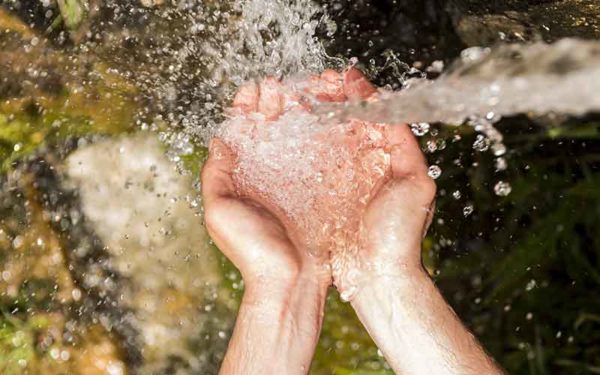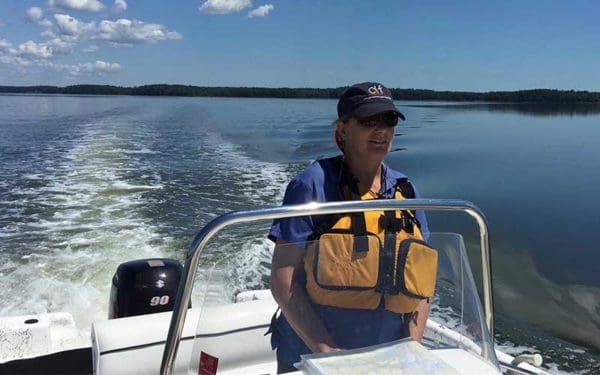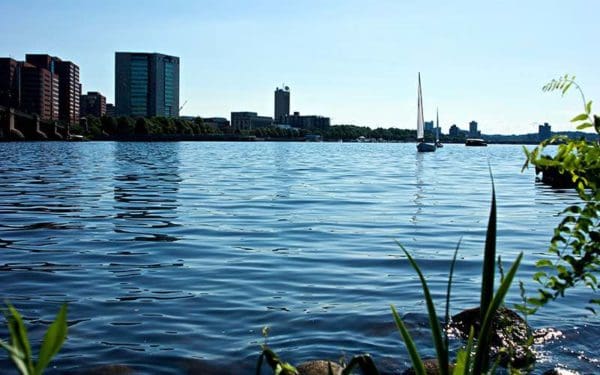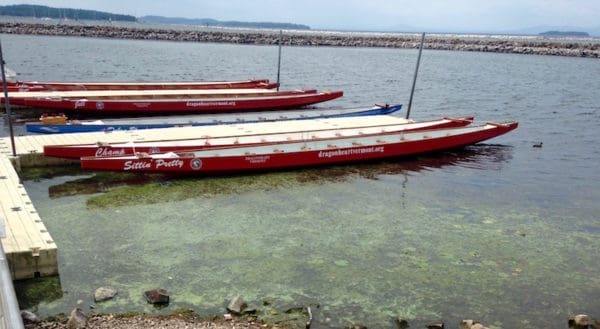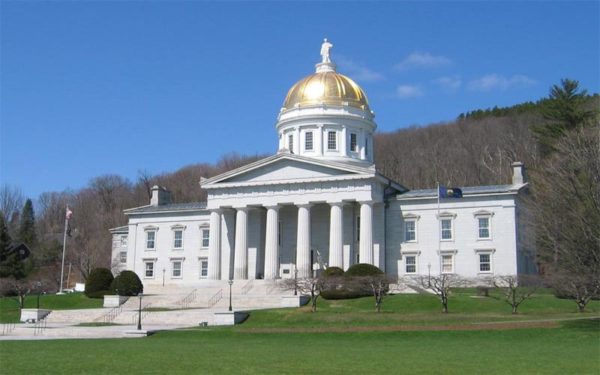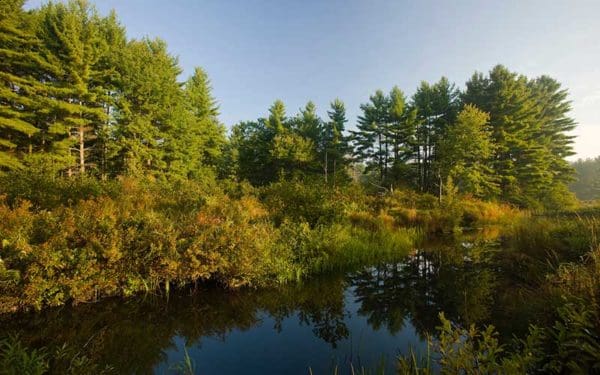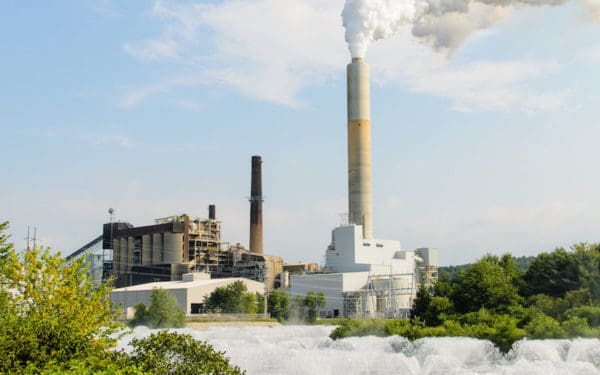May 16, 2019
“Vermonters shouldn’t have to wonder if they’re being poisoned every time they turn on their tap,” said Jen Duggan, Vice President and Director of CLF Vermont. “Until the federal government wakes up and takes these toxic chemicals off the market, it’s up to states to protect us. This law is a huge first step in ensuring Vermonters have safe, clean drinking water.”
May 09, 2019
As I prepare to launch CLF’s Waterkeeper boat this season, I’m reminded that the Great Bay–Piscataqua Estuary is at the heart of what makes the Seacoast region so special. But our estuary is at a tipping point, with too much nitrogen polluting the water. Learn how you can just us to fight for clean waterways on the Seacoast this summer.
May 09, 2019
“A stew of pollutants is flowing into the Charles every time it rains, threatening decades of efforts to clean up this iconic river,” said Caitlin Peale Sloan, Senior Attorney at CLF. “Stormwater pollution can lead to dangerous cyanobacteria outbreaks, which sicken people and wildlife and have no place in our river. The Charles belongs to everyone, and it’s time we stop giving a free pass to the polluters who are destroying this precious resource.”
May 08, 2019
“It’s inexcusable that the companies we trust to transport our children to school are polluting the very air they breathe,” said Alyssa Rayman-Read, Vice President and Director of CLF Massachusetts. “There are laws on the books to prevent this type of air pollution and Transdev is blatantly ignoring them. They need to take responsibility and stop spewing toxic pollution into our neighborhoods.”
May 01, 2019
Vermont is more than halfway through this legislative session, and there is still no clear path for funding. Our legislature has promised to fund clean water initiatives for years, yet they have kicked the funding can down the road again and again.
Apr 17, 2019
“For decades, the EPA has stood idly by while manufacturers produced poisonous PFAS chemicals that ended up in our drinking water,” said Jen Duggan, Vice President and Director of CLF Vermont. “It’s now up to state leaders to clean up this mess, and Vermont is clearly up to the challenge. This bill is a critical step forward in the process to repair the damage that has been done and prevent future harm from these toxic forever chemicals.”
Apr 16, 2019
“The EPA’s proposed definition is a hasty and ill-conceived effort to revoke longstanding, critical protections of the nation’s waterways under the Clean Water Act,” said Heather Govern, Director of CLF’s Clean Air and Water program. “Not only does the proposed rule strip waters of protection for the benefit of a few sectors of industry, but it does so without a basis in law and ignores good environmental policy.”
Apr 11, 2019
“Bernhardt’s nomination is more of the same from the Trump administration: Another lobbyist who cares only about enriching the fossil fuel industry,” said CLF President Bradley Campbell. “Bernhardt will undoubtedly open our oceans to offshore drilling and cause irreparable harm to our lands and waters. The senators who voted to confirm him ought to be ashamed.”
Apr 10, 2019
Coal plants pollute our air and waterways, and one of the last remaining coal plants in New England – Merrimack Station in Bow, New Hampshire – is doing just that. That’s why CLF and Sierra Club have joined together to sue the plant in federal court, to end its ongoing harm to the Merrimack River.
Apr 07, 2019
Clean water belongs to all of us, but we simply won’t have clean water without long-term investment in this shared resource. We are halfway through this legislative session and there is still no clear path for clean water funding. The governor’s proposal falls short on the amount needed to clean up our waters because it relies on existing revenues that are needed for other important state programs. The Legislature has yet to put forth a serious plan to raise the necessary revenue.
